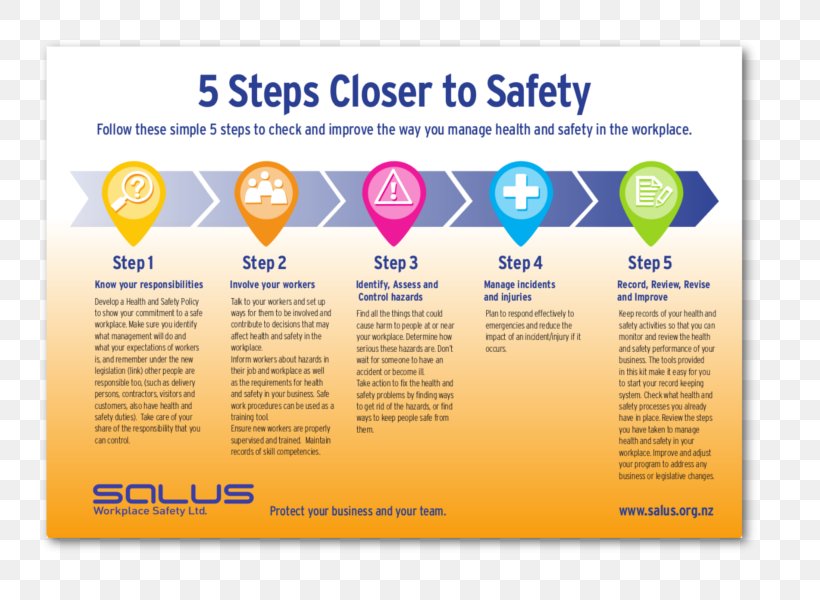Five Steps To Improve Your Health Literacy
October is National Health Literacy Month
Media Contact: Kelly Crane, Baylor University Media and Public Affairs, 254-297-9065
Follow us on Twitter @BaylorUMMedia
WACO, TX (September 26, 2022) – If you've ever had trouble interpreting medical prescriptions or been frustrated with your health care or insurance system, you already know how to find, understand, and use information and services to protect your health. appropriate decisions are important for your health, well-being and quality of life.
October is National Health Literacy Month, a time to raise awareness of the importance of understanding medical information and making it easier to navigate the healthcare system.
Eva I. Doyle, Ph.D. “Low health literacy can be dangerous if people don't know how to find reliable information or are confused by unfamiliar and conflicting information. , Chairman, Professor, and Graduate Director of the Department of Public Health , Robbins College of Health and Human Sciences, Baylor University. Doyle's research at Baylor focuses on public health promotion in low-income communities, the cultural aspects of health promotion, and the professional development of healthcare professionals.
“This can be especially difficult when none of us are familiar with medical terms or how the body works and must follow complex self-healing instructions,” Doyle says. “Add in the fear and stress of being diagnosed with a serious illness or a complex chronic illness, and the level of understanding and risk can be enormous. This pervasive problem is particularly prevalent among disadvantaged populations, where low levels of health literacy contribute to a lack of equitable health for all.”
5 steps to improve health literacy
The good news is that there are steps we can take to increase health literacy for ourselves and others.
Doyle suggests five things you can do to improve your personal health literacy when talking to your healthcare provider.
- Invite someone who can take notes and help you remember what was said.
- If you think you need an interpreter, ask first. The goal is to make sure you understand everything.
- Bring accurate and complete information about your medical history, including any medications (both prescription and over-the-counter) you are taking.
- Be honest about what you did or didn't do so that a professional can understand and help.
- I ask a question! And keep asking until you get a clear answer. Repeat what you think you heard and ask for confirmation or clarification.
“If you're having trouble finding, understanding, and using accurate medical information, don't despair,” Doyle says. "Remember, asking for help is not good."
Find reliable sources
Doyle also offers these trusted resources to learn more and understand health information:
- MedlinePlus provides health information from the National Library of Medicine in multiple languages and includes a Health Topics section that contains information for men, women, and the elderly, as well as information about drugs, medical tests, medical terms, medical prescriptions, and more. . Interactive online games in the Videos and Tools section will help you learn health information.
- Kidshealth provides health information for children, parents, youth and teachers.
- MedSpeak. What did my doctor say? contains definitions suitable for terms used by healthcare professionals.
- The Centers for Disease Control and Prevention (CDC) offers a helpful Health Topics section.
ABOUT BAYLOR UNIVERSITY
Baylor University is a private Christian university and is ranked #1 in the national rankings of research institutions. The university is an active campus community of more than 20,000 students, combining interdisciplinary research with an international reputation for academic excellence and faculty commitment to teaching and learning. Baylor, founded in 1845 by the Republic of Texas through the efforts of Baptist pioneers, is the oldest continuously operating university in Texas. Based in Waco, Baylor invites students from all 50 states and more than 90 countries to earn degrees in 12 nationally recognized academic departments.
ABOUT BAYLOR ROBBINS COLLEGE OF HEALTH AND HUMANITIES
Baylor University's Robbins College of Health and Human Sciences was founded in 2014 as a result of Baylor's Pro Futurist strategic vision and the priorities outlined in the Illuminate Strategic Plan to Strengthen the University's Health Sciences. The main academic units that make up Robbins College are communication studies and disciplines; Human Science and Design; Health, human performance and leisure; Work related to therapy; Physiotherapy; health; and the Department of Public Health share the same goal of improving health and quality of life. The College's academic programs promote a team approach to transformative education and research that builds interdisciplinary scientific collaboration to develop solutions to improve the quality of life for individuals, families, and communities. For more information, visit baylor.edu/chhs .
Looking for more news from Baylor University?






Tidak ada komentar untuk "Five Steps To Improve Your Health Literacy"
Posting Komentar